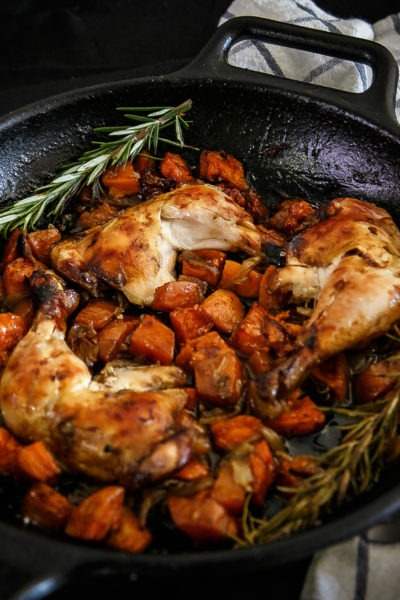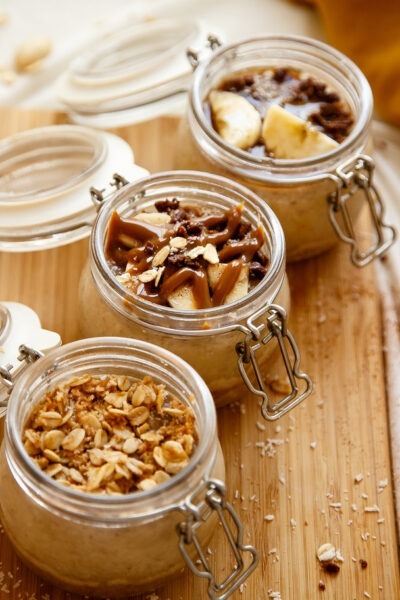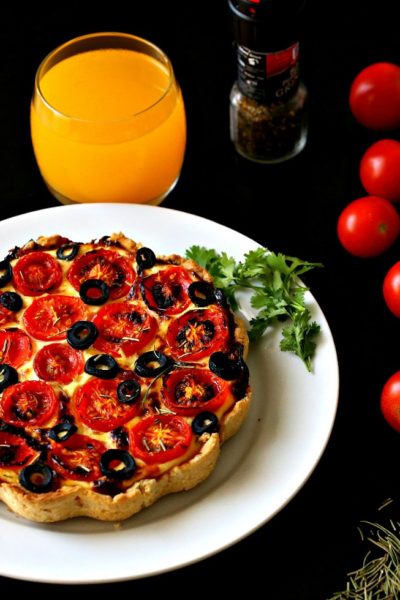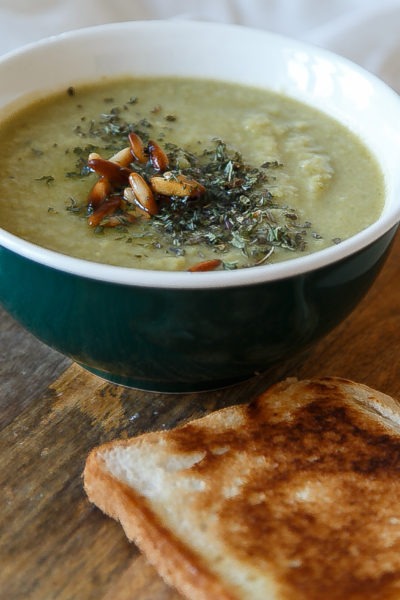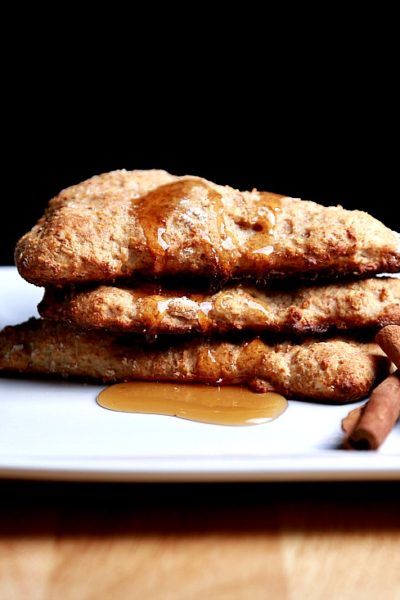Today is the first day of Ramadan; the “holy month” for Muslims.
Before I go into the details, I want to apologize for not posting a recipe from the “Arabic cuisine” yesterday. Last week was a very hectic one, and I did catch a cold, and my son did too. Moreover, my little family is on a new adventure again. We are leaving the united states at the end of June. Therefore there is a lot of packing, planning, and catching up with friends. That’s why I may not be present on social media regularly the upcoming month.
However, I want to discuss the essence of this holy month, since one can’t eat or drink almost the whole day, and how anyone can survive that..
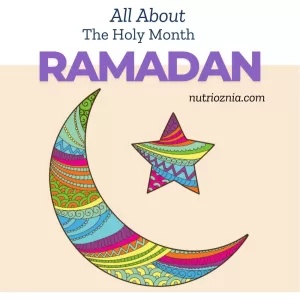
Before I go into the details, I want to apologize for not posting a recipe from the “Arabic cuisine” yesterday. Last week was a very hectic one, and I did catch a cold, and my son did too. Moreover, my little family is on a new adventure again. We are leaving the united states at the end of June. Therefore there is a lot of packing, planning, and catching up with friends. That’s why I may not be present on social media regularly the upcoming month.
However, I want to discuss the essence of this holy month, since one can’t eat or drink almost the whole day, and how anyone can survive that..
Let’s start talking about Ramadan facts first:
It’s the month of fasting, which means no food, or drink allowed from the dawn to the sunset. The goals are:
- To share the struggles with the poor people, who suffer from not getting any food into their stomachs. And anyone who is having a hard time to put anything on the table.
- Feeling pure, and closer to Allah. Being in a spiritual status comes (Clear stomach = Clear mind) when you train yourself to not think about food, and all the mortal needs all the time.
Traditions of Ramadan
While all Muslims share the same concept, traditions are so much different around the world. But there always will be:
- Specific food and drinks.
- Visiting relatives and friends.
- Doing more good deeds, like donating money, and clothes, visiting the elderly, and more charity acts.
- At the end of this month there will be a big celebration
Who should not fast ?
It’s the 9th of the lunar calendar, and all true Muslims should fast, but there are some exceptions: (Basically healthy adults who are the ones who fast)
- Elderly people who have a poor general health.
- Anyone who has chronic disease like uncontrolled diabetes, cancer or any other disease that require taking pills/injections, food supplements at specific times, and they will be weak if they didn’t eat or drink.
- Pregnant, and lactating women.
- Kids who are under the puberty age.
A day of Ramadan has tow main meals:
Breakfast at Sunset: (which is literally means to break the fast and eat/drink)
Mainly few pieces of dates, dried apricots, water, juices, soups, and salads. Then most people go to pray, then they come back to have the rest of their meals.
Suhoor:
It is the meal before dawn, and the name comes from the name of the period that comes before dawn.
Because I did spend the last three seasons of Ramadan, pregnant, lactating and moving, Ramadan was hard on me. Especially, I was away from my parents, and my extended family.
Here in the U.S I live in a small city, where there are not so many Muslims to share our tradition with them. This makes Ramadan losses its meaning, but I try to keep my traditions, and cook traditional food, and desserts.
I may not post these recipes, since I don’t have access to them here. And some of them, are not healthy (I’m not happy to say that).
But I remind myself that Ramadan is a chance to moderate food intake and to be healthier, and even lose weight! It’s the month to be thankful, and grateful for the things that we usually take for granted. It means month of of praying, and doing charitable acts.
Ramadan and Nutrition
Is it possible that one can fast 16 hours? Lately, the concept of intermittent fasting is becoming more common, and it is close to Ramadan idea.
Tips for healthy Iftar:
- Start your iftar with dates (1-3) pieces, it gives you a natural boost of sugar. Then followed by a cup of water.
- If you are very thirsty, allow yourself to drink a second cup, but no more that on the iftar table.
- If you must eat sambosk,( I didn’t list it, it is not healthy) eat 1 to 2 of baked ones, not fried.
- Rely on soups that are nutritious and fulling, if you can have chunky one, that is better. However, also pureed soups are great for feeling full, and rewarded after fasting a full long day.
- For salads, try different ones day after day, to maximize your intake of different vegetables, fruits, and grains (You can check the menu above for variety of options)
- Please, don’t rely on rice for the main item, Everyday.. try different healthy starches. For the menu above, white rice is optional on the side, however, the meal has everything and you may not need rice at all, if you do make it no more than 5 Tb of cooked rice.
- Desserts are optional, and of course make at home better than bought ones, so you can control the amount of sugar.
- Use healthy fat in cooking, coconut oil if you can, light vegetable oil or olive oil for salads and appetizers.
- You can have unsweetened dried fruits like raisin, apricots, and cranberries along with dates.
- Sugary drinks are No No.. they are heavy on sugar and artificial flavors. Have, fresh fruits and/or traditional healthy Ramadan drinks like hibiscus and carob.
- Smoothies are not very advisable, because they fill you up quickly and digest faster so may leave you hungry the next day. Focus on whole food.
The next week I’m going to elaborate more about Ramadan, and it’s effect on the body. Stay tuned!
Abstract vector designed by Freepik

